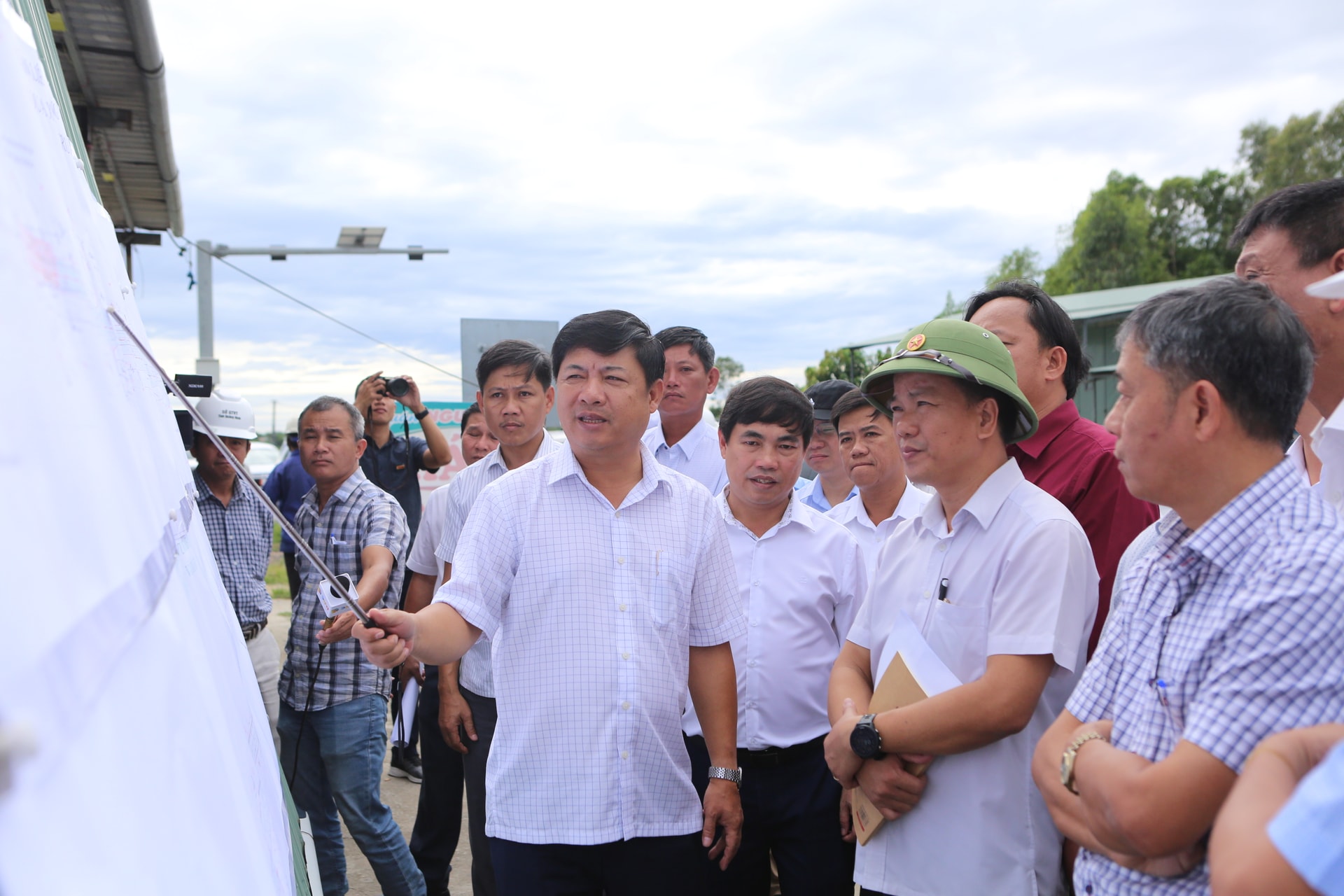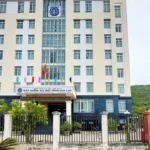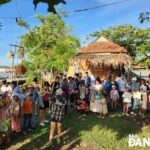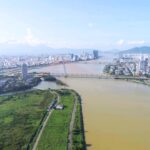On August 1, the Party Committee of Da Nang City People’s Committee inaugurated its first Congress of Delegates (2025-2030 term), marking a crucial step in completing the Party’s organizational structure within the city’s administrative bodies.
This is the first congress following the merger of Quang Nam Province and Da Nang City, ushering in a new phase of development that demands a streamlined, professional, efficient, and synchronized administrative apparatus.
In this context, the Party Committee has set forth an objective and urgent political requirement: strengthening the Party’s leadership within the governance system, promoting the pioneering and exemplary role of cadres, members, and civil servants, while enhancing management quality for the city’s comprehensive and sustainable development.
Strong Party Organization – Stable Governance – Strengthened Public Trust
As the Party organization within state administrative bodies, the Party Committee of the City People’s Committee plays a core political role, leading both the People’s Committee and its subordinate Party units.
Amid urban management reforms and digital transformation, Party organizations within the administration have spearheaded administrative reforms, modernized public services, and developed e-government and digital governance.
Innovations in leadership methods, improved public ethics, accountability, and public service attitudes have become standards for cadres, Party members, and civil servants.
Patriotic emulation movements, “Smart Mass Mobilization” models, and the study of Ho Chi Minh’s ideology and ethics have spread widely across the system.
The close integration between Party organizations and governance has enhanced administrative efficiency and reinforced public trust in the city’s leadership.
In the past term, Party organizations within the city administration have innovated their operations, linking Party-building tasks with professional duties. The Party’s core political role in agencies and units has been clearly affirmed.
Administrative reforms, digital transformation, and smart governance have been implemented comprehensively. Major policies on public ethics, discipline, and administrative order have been strictly enforced.
The city prioritizes building a responsible, dedicated, and exemplary civil service that stays connected with the people, meeting the demands of modern governance.
Close coordination between Party organizations and the administration has improved operational efficiency, creating a transparent, professional, and service-oriented government.
Uniting Forces – Expanding Scale – Harnessing Intellectual Resources
A notable highlight is the expanded scope of Party organizations under the City People’s Committee, now including not only administrative bodies but also state enterprises, public institutions, central agencies, universities, colleges, and vocational schools.
These entities bring high expertise and practical experience, serving as valuable resources for policy advisory and socio-economic development tasks.
Uniting these forces under the Party Committee’s leadership enhances collective strength, fosters solidarity, and drives innovation across all sectors.
The Party Committee has adopted the motto “Solidarity – Discipline – Breakthrough – Development” for the 2025-2030 term.
Key priorities include: Solidarity as the foundation for consensus across the political system; Discipline as the principle ensuring accountability and rigor in public service; Breakthroughs focusing on a two-tier governance model, digital administration, and specialized policies; and Development aimed at a dynamic, smart, and livable Da Nang.
Positioning Da Nang in a New Development Space
Politburo Resolution No. 43-NQ/TW outlines Da Nang’s strategic vision to become “a major socio-economic hub in Vietnam and Southeast Asia.”
This reflects both central expectations and the city’s political mission, emphasizing its historical responsibility in the new development phase.
Da Nang stands at a pivotal moment,






